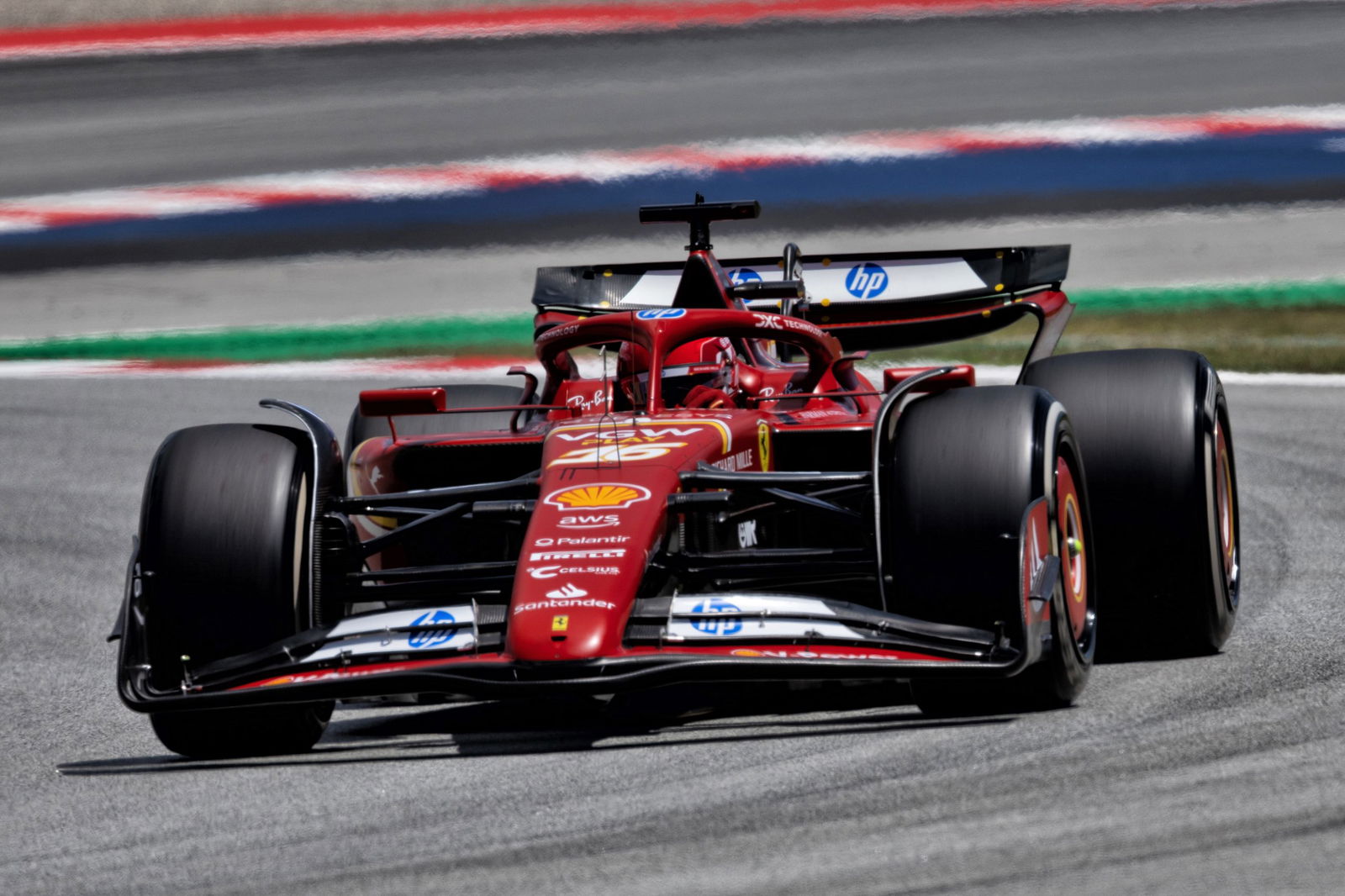

Ferrari’s season began far earlier than most with confirmation Lewis Hamilton will join the organisation next team in place of Carlos Sainz.
It wasn’t a complete bombshell announcement, but the timing of it was, and one has to question whether that has unsettled the team somewhat.
Whatever the motives for the timing, it immediately suggested the 2024 campaign was a transitional one.
Of course, it was good news – in a backhanded way – for Sainz as it left him the better part of a year to secure his future. As far as negative career developments go, the Spaniard was treated fairly.
And he responded well. He was fast in the opening rounds and won the Australian Grand Prix at a time when Ferrari was Red Bull Racing’s closest challenger.
Ferrari remained a contender through the opening third of the year with Leclerc victorious on home soil in Monaco after qualifying on pole.
A painful double retirement in Canada followed, and that seems to have been the line in the sand.
To that point, Ferrari was arguably Red Bull Racing’s most serious threat, but it’s season has never really recovered.
In the eight races to Canada, Sainz and Leclerc combined for 252 points, a healthy average of 28 points per race.
That has slowed to just 19 points per race since then, and it has been overtaken by McLaren and Mercedes in terms of rate of return.
It has also slipped from second to third in the constructors’ championship behind McLaren and, on its current trajectory, is at risk of falling behind Mercedes too.
Clearly, the reasons for that slide are not trivial, else they’d have been resolved – nothing magical happened in Canada that has cursed the team.
It’s a combination of other teams bringing upgrades that work better mixed with a degree of inconsistency on Ferrari’s part that, together, bump it down the order.
Of course, there’s an element of Ferrari not keeping pace, and that’s one element that needs to be addressed.
Porpoising has been the biggest bugbear according to team boss Fred Vasseur, who has suggested that the issue has masked gains in terms of car performance.
It suggests Ferrari has headed down the avenue that Mercedes has only just managed to reverse its way out of.
There’s also the fact that, with a mature set of regulations, gains are increasingly marginal and therefore hard to find.
Not that Ferrari needs to find much; as Vasseur has suggested, a tenth of a second a lap could positively transform the weekend for the Scuderia.
But finding that and bolting it on is no easy feat, especially as the goalposts keep moving.
It’s going to be a challenging second half of the season as not only does Ferrari need to find some pace, but when it does, it will have three teams to contend with rather than just one at the very front of the field.




















Discussion about this post